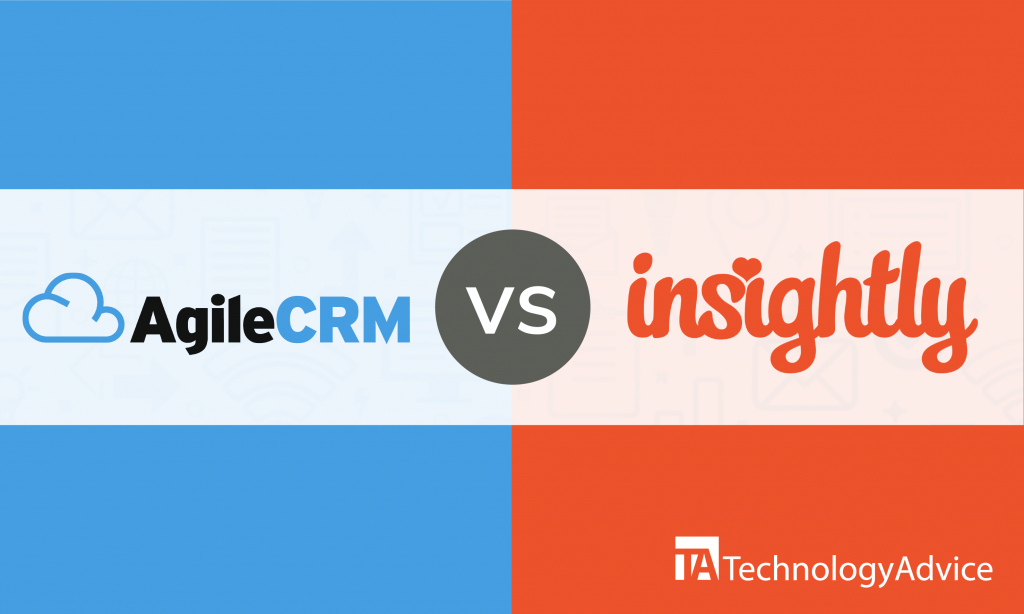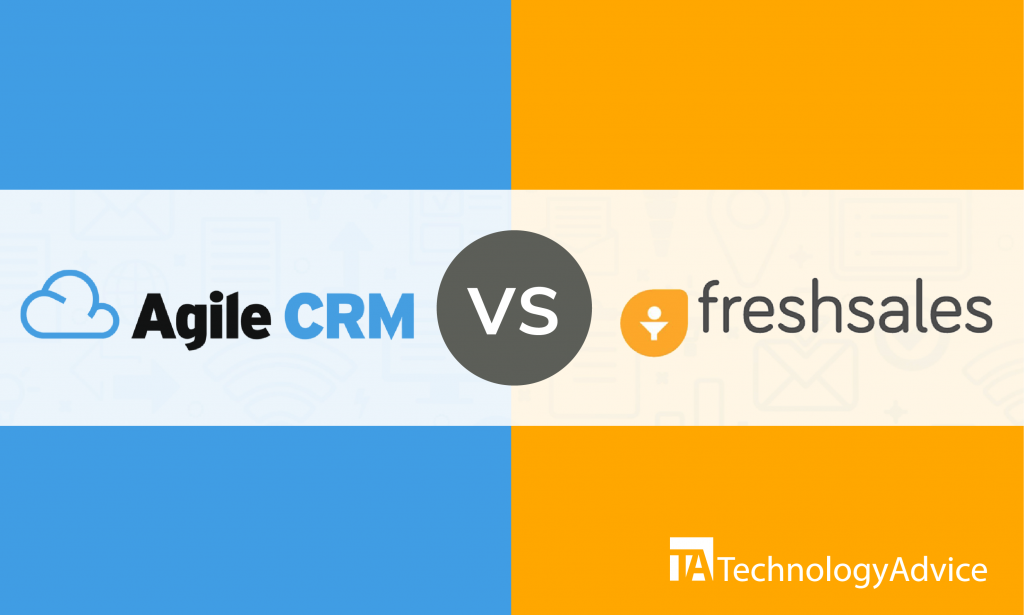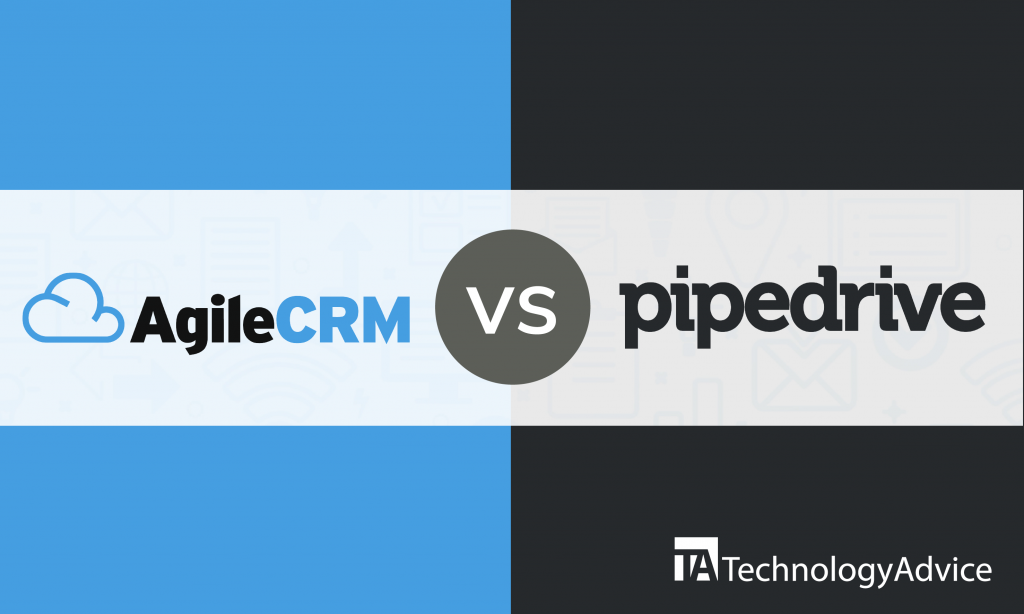It’s important to choose the right CRM in order to get the benefits that suit your business’ needs. The software and technology market today has numerous options – and you need to make a wise choice and base them on the size and needs of your business. For this article, we will compare two popular CRM software — Microsoft Dynamics 365 and Zendesk Sell.
Use our Product Selection Tool to request a free shortlist of the best CRM software for your needs. In less than five minutes, we’ll match you with five CRM vendors we think you’ll love. Click the banner below to get started.
Overview
Microsoft Dynamics 365, or simply Dynamics 365, is a cloud-based business app platform that is both a CRM and an Enterprise Resource Planning (ERP) tool. Launched in 2016, this app is the combination of Dynamics AX, the ERP solution, and the Dynamics CRM application. In fact, it’s considered one of the major vendors that have combined ERP and CRM. Because of this, your business can enjoy flexibility when using this CRM. A major feature is the ability to adapt to any business.
Zendesk Sell, on the other hand, empowers sales reps by giving them integrated tools that function across a full customer account. It’s a helpful tool that helps sales teams seize every opportunity. For instance, if a support ticket is a question about a new product, this can automatically be handed off to sales. Additionally, Zendesk Sell also allows reps to make calls and emails, view deal history, and schedule meetings all in one place. It gives you Smart Lists that filter and segment deals and leads in real-time to keep you organized and updated with every opportunity. Best of all, you can close deals anytime because of a desktop tool that allows offline use.
Comparison of features
The features of a CRM solution are a prime consideration when choosing business software. When it comes to Dynamics 365, there are five apps that focus on various sales functions. These include D365 Sales, D365 Marketing, D365 Customer Service, D365 Field Service, and D365 Project Service Automation.
- Sales is the most prevalent. This app allows a 365-degree view of the interactions you have with your customers, so you can forecast your next interaction.
- Marketing calculates lead score and creates nurture campaigns, as well as provides insights on how to can retain customers.
- Customer Service tracks customer complaints, warranty claims, and returns.
- Project Service Automation provides assistance in resource scheduling, expense submission, and time entry.
Also read: Salesforce Alternatives: Top 5 CRMs
As for Zendesk Sells, its main features are email tracking, email notifications, email automation, activity reporting, and Mobile CRM.
- Email tracking instantly logs and records your contact-related and lead emails.
- Email notifications provide real-time alerts and push notifications as soon as a prospect clicks and reads an email, allowing you to reach out to them at the right time.
- Email automation allows you to create and save email templates.
- Activity reporting gives you access to reports that look at key metrics in order to help you maximize your selling techniques.
- Mobile CRM sends alerts available even on your tablet or smartphone.
Based on this, we can say that both software have their own unique features that target more or less the same aspects of your business.
Pricing
Dynamics 365 doesn’t have a free trial version, but has four basic plans with varying prices.
Dynamics 365 includes sales, customer service, field service, powerApps, Project Service Automation, and Microsoft Social Engagement. Additional users cost extra. You might also consider adding on the Unified Operations Plan and Customer Engagement Plan. You’ll also pay a bit extra per user to add on applications and offers.
Zendesk Sell has a free trial for all plans. The plans include Team, Professional, Enterprise, and Elite. Each of these plans have different offerings, which increase as the price increases. Zendesk Sells is overall more affordable.
Comparison of Integration
Both CRM software vendors provide a set of native integrations. Dynamics 365 has 11 integrations which include Sharepoint, Outlook, One Note, Yammer, Office 365, Dynamics AX, Dynamics GP, and Dynamics NAV.
Zendesk Sells, on the other hand, has more than 30 integrations, beating Dynamics 365 CRM. Some of these integrations include QuickBooks, Reply, Paycove, MailChimp, Launchcloud, Slack, Trello, PieSync, and others.
Which is the better choice?
While Dynamics 365 has a customer satisfaction of 96%, Zendesk Sell has 98%. Based on these figures and the above information, we can safely say that Zendesk Sell is the better CRM software for small and medium-sized businesses that already use a lot of apps the company can connect through integrations.
On the other hand, companies that have invested heavily in Microsoft products, and enterprise-level corporations who need an ERP-ready CRM product may find Dynamics 365 meets their needs.
Want more CRM software options? Use our Product Selection Tool.





